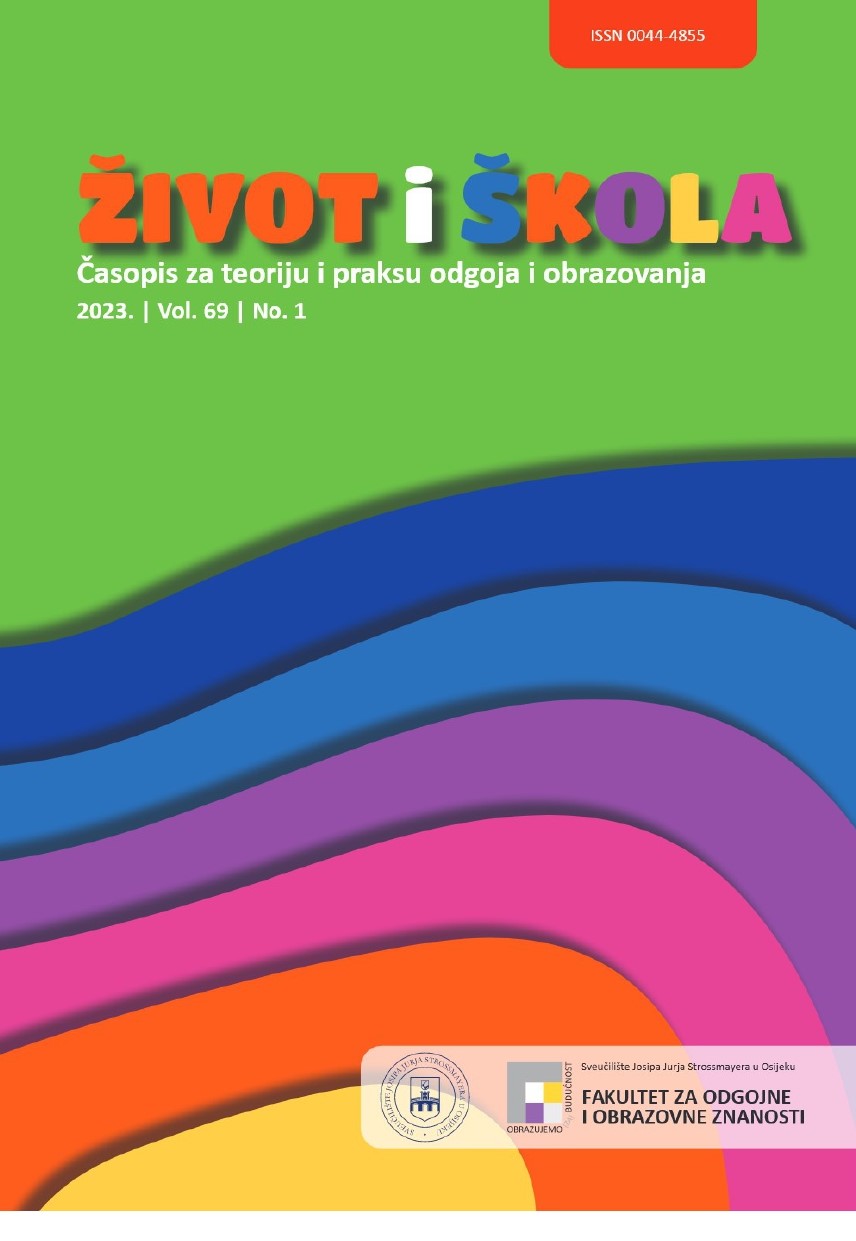ATTITUDES AND SELF-ASSESSMENT OF PRESCHOOL TEACHERS FOR WORKING IN INCLUSIVE GROUPS AND THEIR EMOTIONAL COMPETENCE
DOI:
https://doi.org/10.32903/zs.69.1.6Keywords:
inclusion; attitudes towards inclusion; self-assessed competence; emotional com- petenceAbstract
Preschool teachers play a pivotal role in the successful implementation of inclusive education. Therefore, it is essential to assess the readiness of preschool teachers to work in inclusive groups and other critical factors that influence this readiness to gain insight into the implementation of inclusive practices in early and preschool education. Guided by this, the following goals were established in this research. The first goal was to determine whether preschool teachers differ in their attitudes towards inclusion and their self-assessed competence for working with children with disabilities concerning certain characteristics (age, prior work experience with children with disabilities, personal experience with a close person with disabilities, participation in professional training for working with children with disabilities). The second goal was to examine the relationship between the mentioned dimensions and emotional competence. A total of 189 preschool teachers from one preschool institution in Osijek (Dječji vrtić Osijek) participated in the research. Data were collected using the Scale of willingness to work in inclusive groups (Skočić-Mihić,2011), and the Emotional Competence Questionnaire (Takšić, 2002). The results showed that preschool teachers have neutral to slightly positive attitudes towards inclusion and that they are undecided about their self-assessed competence to work with children with disabilities. Additionally, the results showed that younger preschool teachers and those with previous work experience in regular groups have more positive attitudes towards inclusion and an optimistic assessment of their own competence compared to older preschool teachers and those who had no prior experience working with children with disabilities. However, those who had previous experience in special groups exhibited more negative attitudes compared to those who did not have the same experience. Preschool teachers who had personal experience with a close person with disabilities were also self-assessed as more competent to work in inclusive groups compared to preschool teachers who did not have such experience. No differences were found regarding other factors.


